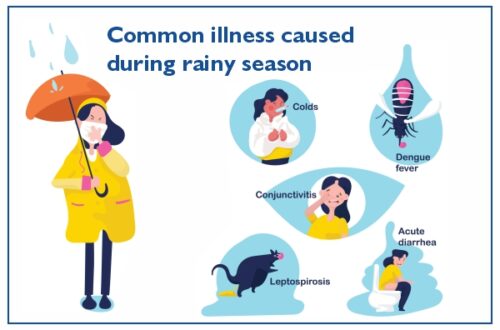
First Sign of a Heart Attack Is Not Chest Pain – Cardiologists Reveal What to Watch For Instead
When we think about a heart attack, we often picture a person clutching their chest in sudden, intense pain. But according to leading cardiologists, this classic image can be misleading—and dangerously so. The first sign of a heart attack is not always chest pain. In fact, many people—especially women—may not experience chest pain at all.
Understanding the subtle, early warning signs could save your life or the life of someone you love. Here’s what experts say you should be watching for instead.
Why Chest Pain Isn’t Always the First Cardiac Symptom
A heart attack (also known as a myocardial infarction) happens when blood flow to a part of the heart is blocked, usually by a clot. This prevents oxygen from reaching the heart muscle, which can cause serious damage—or even death—if not treated quickly.
While chest pain is a well-known symptom, it’s not always the first, and sometimes it doesn’t appear at all. This is especially true for:
- Women
- Older adults
- People with diabetes
- Those with a high pain threshold
Dr. Emily Carter, a board-certified cardiologist, explains:
“Not all heart attacks start with chest pain. Sometimes the body sends out quieter signals. Ignoring these can delay treatment—and the longer the heart is deprived of oxygen, the worse the outcome.”
6 Early Warning Signs of a Heart Attack to Watch For
1. Sudden or Unusual Fatigue
If you’re feeling exhausted after minimal effort—like walking to the mailbox or doing light chores—it could be your heart struggling to pump efficiently.
Fatigue related to cardiac issues often feels overwhelming and isn’t relieved by rest.
2. Shortness of Breath
Feeling like you can’t catch your breath—even when you’re sitting or lying down—is a common early sign of a cardiac problem.
This symptom may appear days or even weeks before a heart attack.
3. Nausea or Lightheadedness
Some people experience a heart attack as dizziness, nausea, or even vomiting. These symptoms can be confused with the flu or food poisoning but may indicate reduced blood flow to the brain or digestive system.
Lightheadedness combined with sweating is especially concerning.
4. Pain in the Jaw, Neck, Back, or Arms
Cardiac pain doesn’t always center in the chest. Women, in particular, may feel pain in the jaw, neck, shoulder blades, or arms—especially the left arm.
This kind of pain can be dull or sharp and may come and go.
5. Cold Sweats
Breaking out in a sudden, clammy sweat—especially if you’re not physically exerting yourself—can be a sign of heart distress.
If this happens along with other symptoms, get medical help immediately.
6. Sleep Disturbances
Waking up gasping for air, feeling anxious at night, or struggling with insomnia without an obvious cause can be an early warning sign. It may indicate your heart is not getting enough oxygen during rest.
Who Is Most at Risk for “Silent” Heart Attack Symptoms?
People most likely to experience non-traditional symptoms include:
- Women: More likely to report back pain, fatigue, and nausea instead of chest pain.
- Elderly individuals: May feel weak or confused rather than experiencing obvious pain.
- Diabetics: Nerve damage can dull pain sensations, leading to “silent” heart attacks.
Because these symptoms are subtle, they’re often mistaken for less serious health issues. But ignoring them can lead to severe or fatal consequences.
What To Do If You Suspect a Heart Attack
If you or someone near you experiences any of the symptoms above—with or without chest pain—do not wait.
Take these steps immediately:
- Call emergency services (911 or your local number) – Never drive yourself to the hospital.
- Chew an aspirin (325 mg) – Only if you’re not allergic or advised otherwise by your doctor. This can help prevent further clotting.
- Stay calm and still – Movement can strain the heart further.
Acting fast is essential. The sooner you receive treatment, the better your chances of surviving with minimal cardiac damage.
How to Prevent a Heart Attack Before It Happens
While recognizing the signs of a heart attack is important, preventing one is even better. Here are steps to protect your heart health every day:
- ✅ Eat a heart-healthy diet (fruits, vegetables, lean protein, and healthy fats)
- ✅ Exercise at least 30 minutes a day, most days of the week
- ✅ Stop smoking and limit alcohol
- ✅ Manage chronic conditions like high blood pressure, diabetes, and high cholesterol
- ✅ Reduce stress through relaxation, meditation, or therapy
- ✅ Get regular check-ups and talk to your doctor about your cardiac risk factors
Final Lookout
A heart attack doesn’t always start with the dramatic, crushing chest pain we see on TV. Sometimes, the body sends quieter, earlier warnings—like fatigue, shortness of breath, or unexplained pain. These subtle signs are just as serious.
If something feels wrong, don’t brush it off. Listen to your heart—literally—and take action quickly.
Your life may depend on it.





